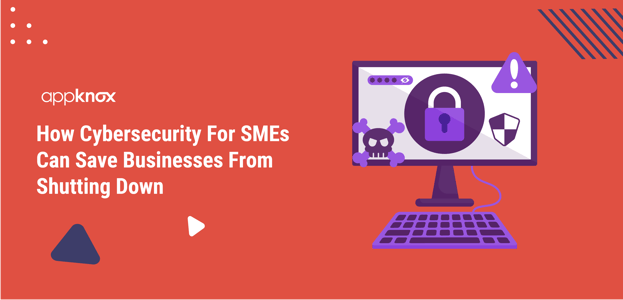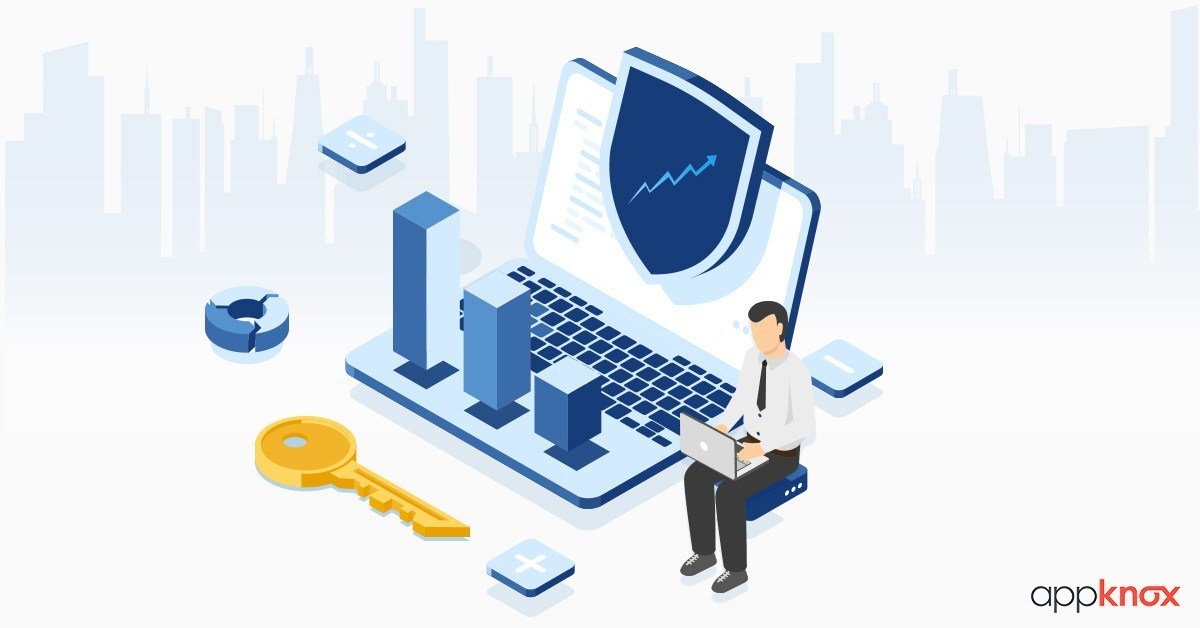
BLOG

BLOG
While many things contribute to a business’s success, a minor data breach can bring it down.
A data breach is one of the major concerns for organizations today. While big companies manage to recover from them, 60% of small companies go out of business within 6 months of a cyber attack or data breach.
Data leaks can lead to a lack of customer trust, which can damage businesses. This is why cybersecurity is crucial for any company, big or small, especially for SMEs.
Taking measures to monitor suspicious activity is vital these days as it can make or break the financial security and future of a business.
When it comes to cybersecurity for SMEs and enterprises, especially network security, several abnormalities constitute “suspicious activity.” A business needs to recognize these behaviors to help find the origin or nature of the data hack. This will help it respond quickly and implement corrective measures to minimize threats and curb damage. Suspicious activity could include abnormal database activity or access patterns, file changes, or anything out of the ordinary that could indicate a cyber attack.

Unusual activity in your database could result from internal or external attacks. Either way, it’s imperative to watch out for crucial signs, such as a remarkable growth in data, changes to permissions, or user changes.
When privileged accounts are abused, it indicates an internal attack. Look for odd sharing access, access to sensitive information when it’s not needed, or modified audits.
Suspicious changes to user access indicate an external hacker trying to access your business network. You need to track accounts accessed at odd hours, remote access attempts, multiple failed login attempts, or discrepancies between the device and a user ID.
Another sign of a data attack is file configuration changes, including additions, deletions, and modifications. A hacker might have accessed the network and is trying to cover the trail so that they are not discovered.
When it comes to your network, you need to watch out for unauthorized scans, abnormal changes in performance, protocol violations, and traffic with odd targets or origins. These are critical signs of an external hack.
Sometimes, unauthorized port access is caused by an internal accident. However, suspicious access could also mean data has already been stolen or there has been a malware attack.
Sometimes, end users may notice suspicious activities before the company does. This usually happens with smaller businesses that have fewer security measures implemented. End users may experience weird antivirus notifications, excessive pop-ups, unauthorized toolbars, or notice that the network or device slows down.
Suspicious activity doesn’t necessarily mean the same thing for every organization. Things and the reasons for hacking will differ between large and small businesses. Nonetheless, having security measures to check these activities could prevent an SME from folding.
Businesses can learn from past data breaches and be better prepared for future attempts.
Some essential measures that you can implement to ensure your data security is top-notch are:
• Installing firewalls
• Malware protection
• Strong password policies
• Regular review of performance, error reports, network alerts, and traffic
• File integrity monitoring
• Instructing end users to report suspicious activity
• Incident and failure response strategies
• Regular risk assessments
More importantly, employees are known to be the weak link in cybersecurity. Therefore, educating and informing employees about the different types of suspicious activity and how to avoid malware attacks and viruses is essential.
Cybersecurity and data protection are critical for any business venture, whether an SME or a large corporation, as they can determine its success or failure. Cyber attacks don’t just cost a business financially but also tarnish the brand’s image and reputation. Even with more advanced technology and security protocols in place, hackers are constantly finding new ways to break through it. A business always needs to stay two steps ahead regarding cybersecurity.
.jpg?width=50&height=50&name=10606600_10204086667262761_7381430219125488912_n%20(1).jpg)